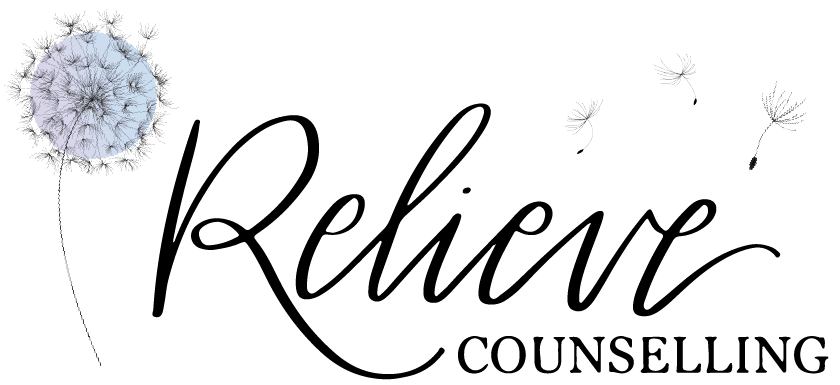Experiencing job loss can be a deeply distressing event, leaving emotional wounds and cognitive distortions in its wake. Feelings of inadequacy, rejection, and insecurity can persist long after the incident, impacting self-esteem and personal growth.
Part 1: Healing After Being Fired
1. Allow Yourself to Grieve
Job loss is a significant loss, and like any loss, it’s vital to grant oneself permission to grieve. Acknowledging the emotional pain and disappointment without judgment is an important part of the healing process.
2. Seek Support
It’s beneficial to reach out to a trusted friend, family member, or therapist. At Relieve Counselling in Langley, we offer trauma counselling to help process the trauma of losing a job. Sharing your feelings and experiences can provide emotional relief and offer fresh perspectives on your situation. Support from others is a valuable resource for healing.
3. Self-Reflection
Take time for introspection and consider the reasons behind your termination. What lessons can be drawn from this experience? Self-reflection can lead to personal growth and help prevent the repetition of similar mistakes.
4. Set Realistic Goals
While healing, focus on establishing achievable, small-scale goals. This can help rebuild your self-esteem and motivation incrementally. As these objectives are met, you will gradually regain your self-confidence.
Part 2: Challenging Cognitive Distortions
1. Recognize Cognitive Distortions
Cognitive distortions are irrational and negative thought patterns that can emerge following a traumatic experience. Common distortions include all-or-nothing thinking, catastrophizing, and personalization. Becoming aware of these distortions is the initial step in challenging them.
2. Reframe Negative Thoughts
Practice cognitive restructuring by confronting negative thoughts with balanced, evidence-based perspectives. For instance, if you frequently think, “I’ll never find another job,” reframe it as, “This is a challenging time, but I possess skills and experience that make me a valuable candidate.”
3. Mindfulness and Self-Compassion
Mindfulness techniques and self-compassion are potent tools for addressing cognitive distortions. Mindfulness enables you to observe your thoughts without judgment, while self-compassion reminds you that making mistakes is a shared human experience, and you deserve kindness and empathy from yourself.
4. Challenge Core Beliefs
Delve into your core beliefs about yourself, success, and failure. Are these beliefs based on realistic assessments? By confronting and adjusting these core beliefs, you can embark on a journey of healing and personal growth.
The process of healing after job loss and addressing cognitive distortions from trauma is gradual and calls for both patience and effort. Treat yourself with kindness, seek support, and practice self-compassion. Always remember that your worth is not contingent on a single job loss, and opportunities for growth and success lie ahead. By confronting cognitive distortions and taking proactive steps toward healing, you can move forward with resilience and strength.

